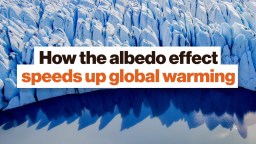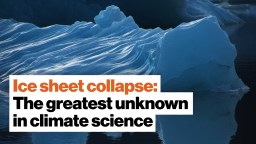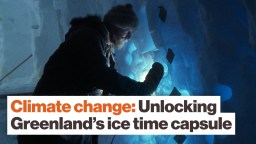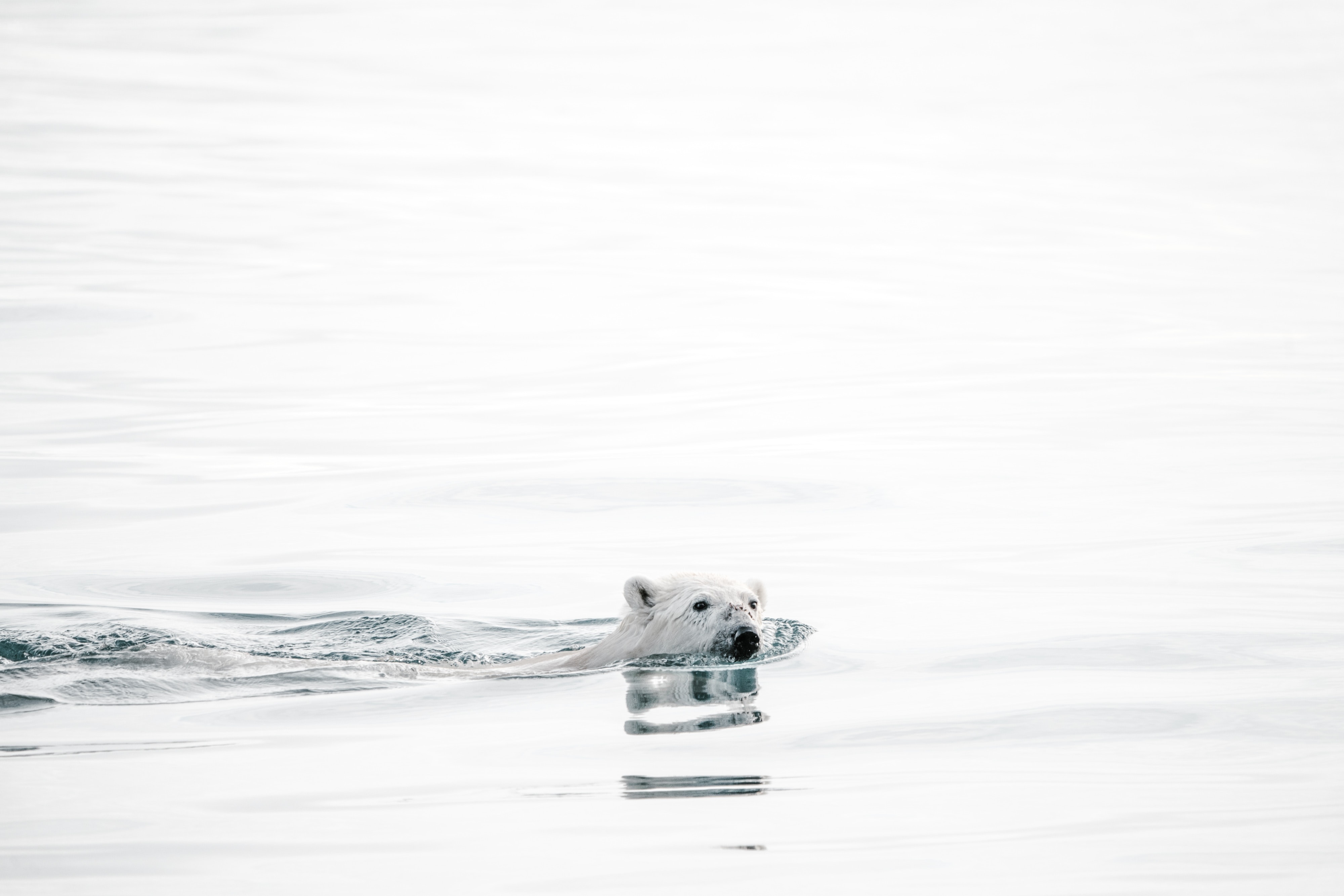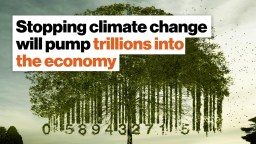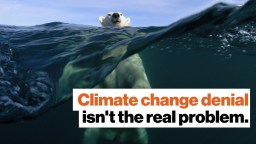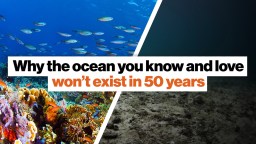climate change
Study shows minerals sequester carbon for thousands of years, which may explain oxygen’s abundance in the atmosphere.
The more Greenland melts, the more Greenland melts. Here’s why.
▸
10 min
—
with
In April, the U.S. generated more electricity from renewables — hydro, wind, solar, geothermal, and biomass — than coal.
The ice sheets in Greenland and Antarctica are remnants of the ice age. They’re also the wild cards of climate science.
▸
5 min
—
with
The world’s richest people could breeze through a climate disaster – for a price.
There are clues to the future and past trapped in Greenland’s ice.
▸
11 min
—
with
Normally, the landscape in this photo would be a white ice sheet.
It’s a “canary in the coalmine,” said one climate scientist.
The war machine needs fuel, perhaps so much as to make protecting oil redundant.
Are we witnessing evolution in real time?
A new first-of-its-kind study puts a number on how political lobbyists can change the course of climate policy.
Techno-fixes will not get us where we need to be to stop the effects of climate change.
It makes no “makes no economic or energy sense.”
Hearing-related problems are on the rise.
The relentless sun makes life in the Sahara almost unbearable. But could it also be its greatest resource?
Phrases like “Global warming” and “climate change” don’t carry any weight.
A new study has identified 12 times as many viral populations as previous research.
Controversial map names CEOs of 100 companies producing 71 percent of the world’s greenhouse gas emissions.
Over two billion people regularly eat insects. Why are Americans so squeamish?
Alternative meats are finally hitting the mainstream.
One often-neglected result of climate change is ocean acidification. If this process continues, we may start to see fewer fish and more jellyfish.
“Earth” features about 30 of the biggest names in entertainment.
Can sensitive coral reefs survive another human generation?
▸
3 min
—
with
Melting ice is turning up bodies on Mt. Everest. This isn’t as shocking as you’d think.
The Bill Gates-backed venture promises to remove CO2 from the atmosphere at a rate of under $100 per tonne.
At high tide each night, bright lights predict the underwater future.

